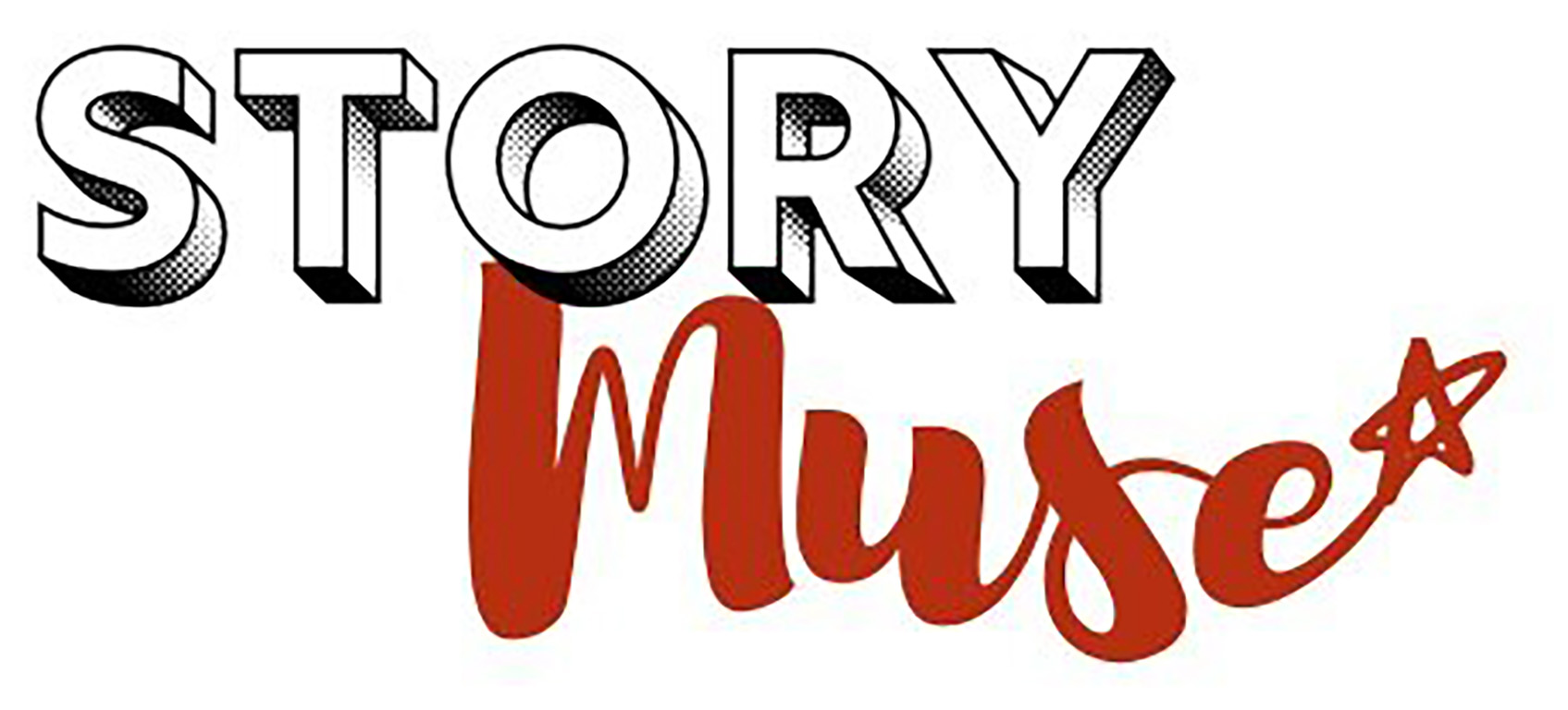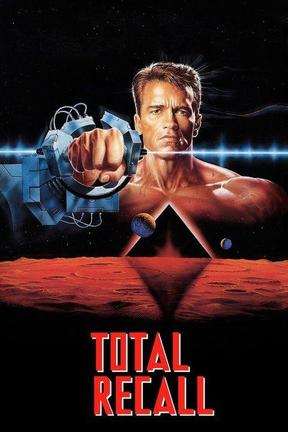I can’t remember the first time it happened – which is ironic – but it happened a lot in my childhood and continued on until now. We would be sitting around at a potluck or some other social occasion and I, trying to entertain folks, would join in the conversation. Often my attempts to connect would feature a personal story, sometimes from long ago, always in great detail.

My mother would remark, “How did you remember that?” followed by, “you were so young when that happened” or “that was so long ago” or “I didn’t even remember that!”
I always had this strong recall, including sense memory, of things that happened to me. I’d like to think it’s the thing that makes me a better storyteller. Sometimes it translates into behavior that is both positive and negative, as perspective shifts. I’m given to fits of rumination and am obsessed with the marked passage of time, especially counting important dates and anniversaries in my life.
The caudate nucleus is the place in our brains where memory lives. I talk about brain science and storytelling a lot in my workshop curriculum. I first learned this little nugget one night when I fell down a Youtube rabbit hole, like ya do, and discovered this story about people who have total recall, including 1970s-era star Marilu Henner.
Another version of total recall is Highly Superior Autobiographical Memory, or HSAM for short. There’s a fantastic segment about just a few of the 60 currently documented people who have this phenomenon on an episode of This American Life.
It would be a kind of gift and a burden to remember your whole life. The gift to be able to sink in and truly re-live some of the best memories of your life would be amazing. The burden of not being able to forget anything? Hard to imagine.
As I worked over the last year at a treatment facility for youth with behavioral problems, I was often struck by how these young people could not remember what we’d done the week before, much less the stories from their own lives they’d been developing for performance. It was not the first time I came to understand and recognize how trauma affects the brain, but it was one of my more vivid experiences. When I would ask them to tell me a story, sometimes they would say, “I don’t have any good stories” or even “I don’t want to think about anything that came before now.” It made me yearn for these youth and their futures, that they will be able to graduate to more stable and loving circumstances, so they can start to collect some more positive memories.
When we are lucky enough to have lives of privilege and actualization, there is opportunity in aging and self-awareness. That opportunity is choice and agency. As Annie Dillard reminds us…
How we spend our days is, of course, how we spend our lives. What we do with this hour, and that one, is what we are doing. A schedule defends from chaos and whim. It is a net for catching days.
Annie Dillard, The Writing Life
How many of us really see our individual days as building blocks to our whole lives? When our days, and the ways we’ve chosen to spend them, start to add up over time, sometimes we feel that certain things are, well…certain. Not just our memories, but our values system and personalities. In fact, our memories are not accurate, and even our personalities change over time.
While we tend to think of our narratives as locked-in, a foregone conclusion, all evidence points to the contrary. So, if it is all somewhat impermanent, ephemeral, evanescent, then what can we do with our memories except to continue examining and reorganizing them into a master narrative, in which we are the master editors?
As we say at Carapace, the home place for personal storytelling in my world, “Your story doesn’t have to be factual, but it does have to be true.”
In a world of alternative facts and fake news, all we can do is continue to search for our own truth and what it means in our connection to the multiple truths of the broader world.

